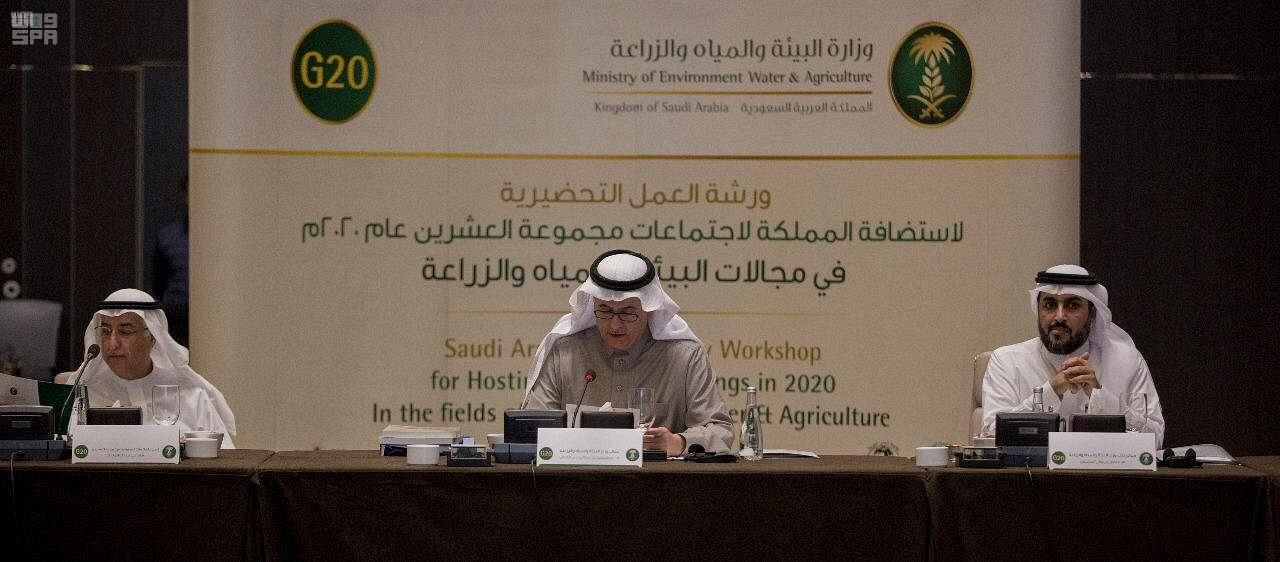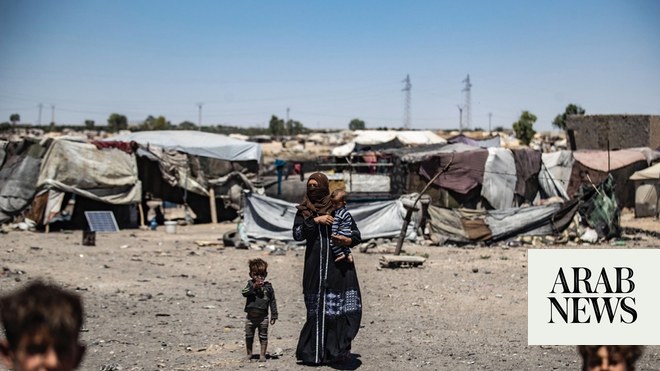
There has been a dramatic rise in forced displacements and migration around the world, which has led to major debates in some countries and regions, particularly the EU and the US.
As of last month, more than 127,000 migrants had arrived in Italy by sea in 2023, nearly double the number for the same period last year. The uptick in the number of migrants and asylum seekers has led to deep divisions among political parties and political spheres in some European nations. For example, the Dutch government collapsed in July after failing to reach a deal on immigration. Prime Minister Mark Rutte, whose conservative People’s Party for Freedom and Democracy had attempted to restrict the flow of asylum seekers into the Netherlands, pointed out in a televised news conference: “It’s no secret that the coalition partners have differing opinions about immigration policy. Today, we unfortunately have to conclude that those differences have become insurmountable. Therefore, I will tender the resignation of the entire Cabinet to the king.”
When it comes to immigration policy, if the divisions in the political stances of European leaders continues to grow, the situation may become similar to that of the US, where the gap between the political parties on this critical issue is too deep to bridge. This will make it extremely difficult to pass bills, introduce informed policies or oversee substantial reforms in order to adequately address the crisis. In other words, it will lead to total stalemate.The most important step to take in order to address this global and humanitarian issue is to be united. Concerning the EU, the member states can work in unity within the bloc’s framework in order to more efficiently tackle the rise in migration. This huge task ought to be shared between EU members so that certain countries do not bear the brunt of the rise in migration.
This will also facilitate the process of registering and integrating arrivals and make it easier for those nations that receive large numbers of migrants in comparison to others. A huge influx of people can have a significant impact on the social, economic, political and even environmental landscapes of host countries. This is due to the fact that, if the hosts are not prepared for the situation, they tend to face political and economic strains.
Even if migrants are successfully resettled in a new country, they then face other significant challenges, including language barriers and difficulties accessing medicine and healthcare services, finding suitable housing, adjusting to new cultures, rules and norms, and finding work, as well as prejudice and racism. In other words, problems arise when host countries do not have the resources or are not economically and socially prepared to deal with a large influx of people.
Nevertheless, it was a step in the right direction that the EU last week reached a deal on immigration. Fernando Grande-Marlaska Gomez, the acting Spanish minister for home affairs, said: “We have achieved a huge step forward on a critical issue for the future of the EU. With today’s agreement, we are now in a better position to reach an agreement on the entire asylum and migration pact with the European Parliament by the end of this semester.” And German Foreign Minister Annalena Baerbock posted on X: “It is a common step forward that solidarity between member states is mandatory in the event of a crisis.”
Another issue is to raise awareness in society about the situation of those who are forcefully displaced. It is key to point out the courage and strength that it takes to flee one’s home and attempt to find a safe and secure place for one’s family, particularly with children and the elderly.Being forced to abandon the place where one has lived, studied and grown up, being forced to leave friends and relatives behind and to start a new life in a foreign place is traumatic. To survive and thrive in a new home needs extraordinary courage, faith and strength.
There are several underlying reasons people decide to flee their homes. The most important factors are violence, conflict, war and the fear of persecution.
Although the EU and the US have witnessed a rise in migration this year, it is important to point out that the vast majority of people who flee their homes to find shelter in other countries (about 85 percent) are hosted by developing countries.
This is why it is critical for wealthier nations to offer assistance. With effective investments and integration, migrants can be an asset that stimulates the host country’s economy and promotes productivity. As Amnesty International has stated: “Wealthier countries aren’t doing nearly enough to share the cost of protecting people who have left everything behind. Appeals for humanitarian assistance for refugees are consistently — and often severely — underfunded. In short, the world urgently needs a new, global plan based on genuine international cooperation and a meaningful and fair sharing of responsibilities.”
In a nutshell, forced displacement and migration has become a global crisis. This is why it is necessary for the international community to work in unity and solidarity in order to address the increase in forced displacement and migration and to ensure that the basic humanitarian needs of everyone, particularly women and children, are met.












